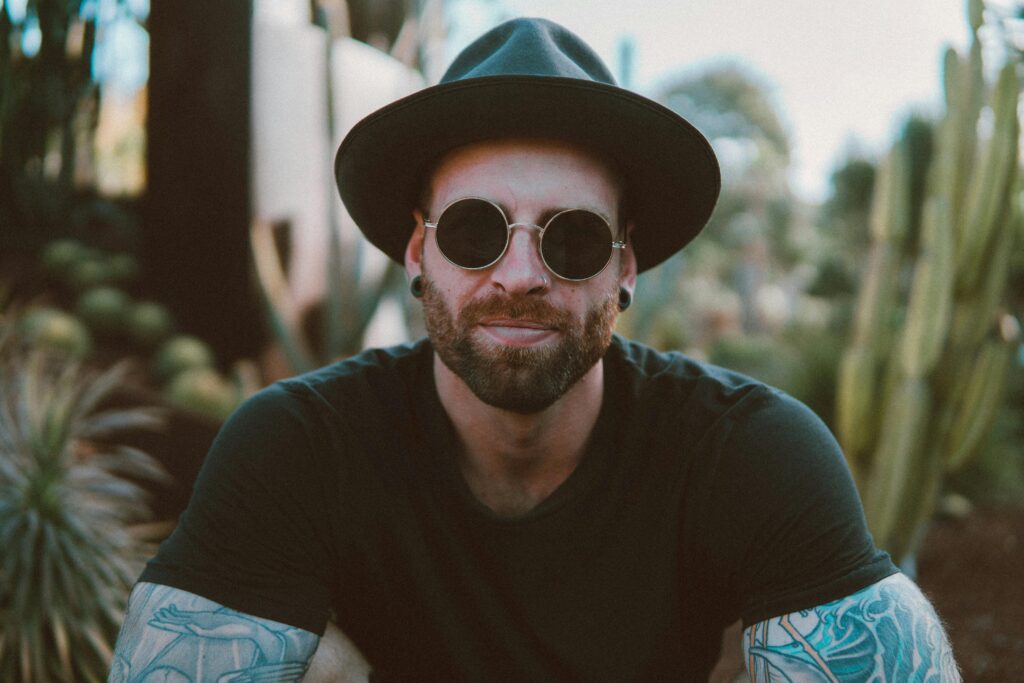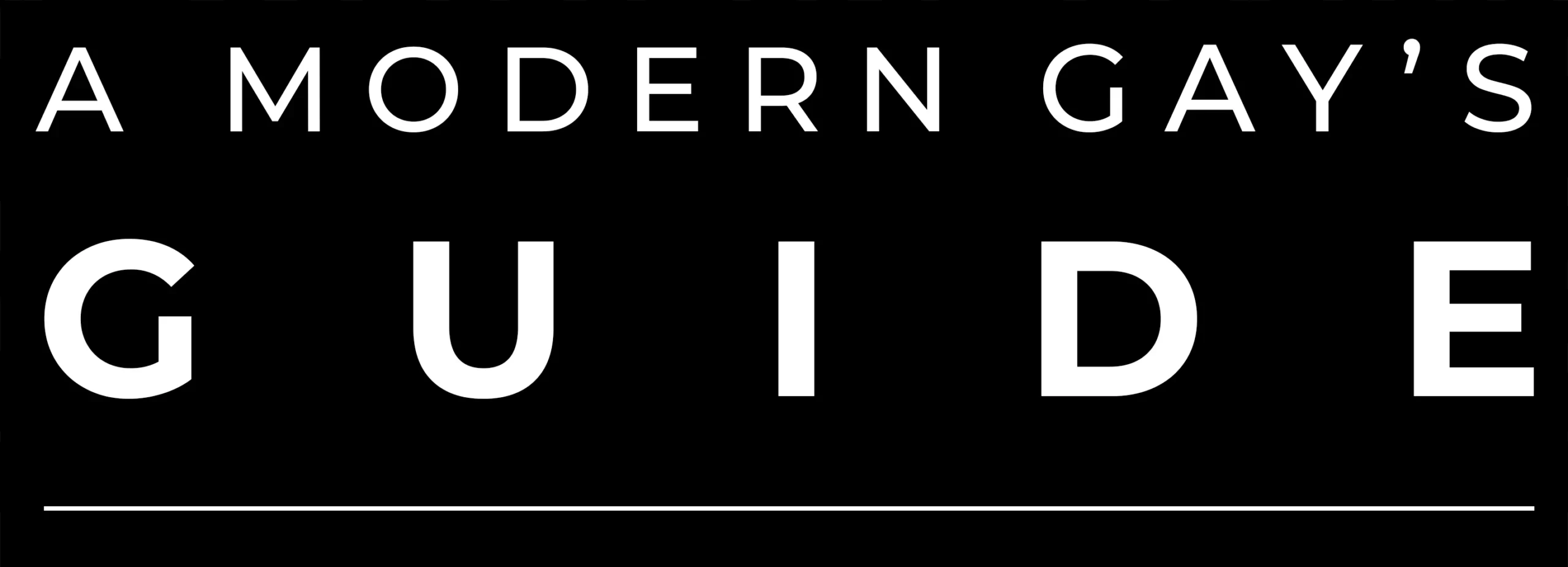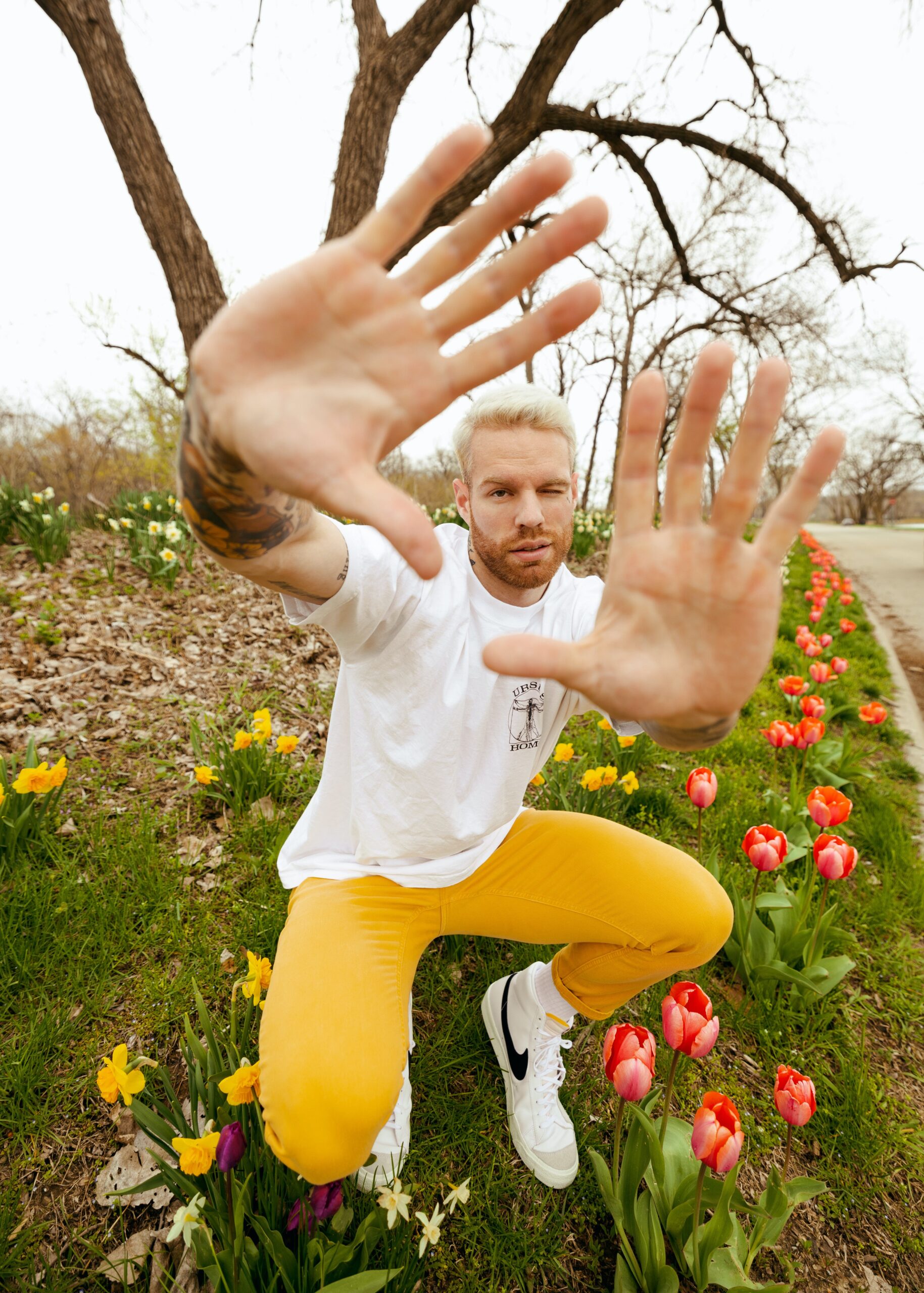A second-hand account of gender transition and how society is fundamentally a blocker to the completion of life’s toughest journey.
EDITOR’S NOTE: For privacy reasons, names and images in this article have been changed. We do not claim, nor insinuate, the models in the images to be ‘Riley’, or to be of any gender identity (i.e. trans) or sexual orientation. These images are purely for illustrative purposes.
Meet Riley, a normal, exuberant, caring and astute 20-something year-old who I am privileged to say that I share a home with… and I must say, it has been enlightening.
In his first proper home since university, and cohabiting with his loving boyfriend, you wouldn’t expect that his path to contentedness would be marred by ignorance and intolerance.
However, it is, as Riley is a transman. Until we discuss his experiences, and concerns with outsiders and their approach to his choice to transition, I could even forget that Riley is a transman, as it’s so normalised that it’s a bit of a non-event.
However, it’s sad to say that I was once one of the ignorant and not by personal choice; I had simply never met a trans person before, let alone one that talked about the inner workings with such prominent regard and eloquence. Riley has taught me so much about their transition and the hurdles they have faced along the way, that I can now say with certainty that I would proudly be in support of anyone’s transition, as I now realise that the ‘choice’ is not a simple one.
For anyone that isn’t ‘in the know’ or hasn’t had the privilege to talk to someone so open minded and uncensored, a transition is a lifelong process, punctuated by small sentimental wins, like top or bottom surgeries, gender affirming haircuts or voice training. These are merely milestones at which one can sit and reflect on the success of the journey made thus far.

A transition is a delicate biological, physical, psychological and cultural journey where all aspects of social conformity and expectation are challenged in order just to survive as one’s true self. Did you know that transitioning itself is full of pitfalls, bumps in the road and endless choices? You cannot transition into your true identity without invasive conversations, classifications, surgeries, historical rhetoric, hormone treatment, physical exams and blood tests to name a few. This should all be experienced privately and only with those nearest and dearest to you, however there is unfortunately an endless pressure of social expectation,
cultural ignorance, community standards and personal impositions that come with it.
Imagine navigating this medical mine-field, in the hope you are going to achieve your goals, just to be questioned over what bathroom you’re using or to be misgendered on the basis of appearance.
A personal criticism or remark in public isn’t the only slap in the face one can experience on their journey either. Medical institutions on the whole, are fundamentally not set up for a provision of such long term care.
The consistent need for physical and mental evaluation, drug prescription and administration together with the upkeep of vital records causes huge problems for the patient and not just because they forget to use the correct pronouns upon introduction.
Waiting lists for basic periodic treatments such as hormone therapy are impacting the mental wellbeing of these individuals when the delivery of care should be therapeutic.
Does putting people into boxes or shouldering them with a particular (often unwanted) outcome defeat the purpose of personal care?
To me, it’s about achieving the new normal, the new normal for you, and where you currently sit on an ever changing scale without the use of binary markers. This serves as a celebration of progression and not a constant reminder of what’s still left to achieve.

Here’s an example, could you answer the following question effectively – Yes or No, are you happy? Sure, you could answer it, but answering it effectively is impossible. In this instance the topic of happiness is a spectrum, contextual and transient.
The closed question and binary answer options require no real explanation or expansion and therefore the answer to whether you’re happy or not is effectively inconsequential. How would you feel if you were asked a simple question such as this throughout your life knowing that your future relies heavily on another’s interpretation of your answer?
Ignorance is unfortunately an intrinsic human behaviour that enables us as a species to question the world around us in order to make sense of our next movements; let’s not use this as a reason to degrade and dismiss those around us because we simply don’t understand.
Aside from the process of transition, an individual must understand how to best to conform to society’s ‘natural’ expectations by ‘presenting’ themselves in a way that not only allows them to be who they want to be, but to be someone who ‘fits in’ with the world around them.
No two people are alike so why do we expect people to fit in the same box as the next? Surely genuine happiness in life is derived from knowing you have your own place in the ecosystem that compliments those around you, whilst maintaining individuality and uniqueness?
Social history is filled with tangible moments of change for the better. Think of the end of slavery, obtaining gay rights, the ability of women to have autonomy over their bodies and equal rights to vote.

Looking at transology as a positive contribution to society is surely the only appropriate way to proceed. Voicing ignorance as a society is a clear sign of a lack of education and empathy which therefore can be overturned by having conversations with those within the community and to voice their concerns.
Without Riley talking candidly to me, I would still be echoing the opinions of my forebears who never wanted to challenge the state of play and break down social stigma.
As I write this conclusion, Riley sits opposite me finishing a puzzle while I complete this article. We’ve had discussions during the few hours I’ve penned this, on topics such as queerness, heteronormativity, phalloplasty, sex…and who is gonna take the bins out.
His knowledge and openness to share his wealth of experience is fundamental to my understanding of his life and also his wellbeing.
His openness has brought us closer as friends and I hope that through this article you grow somewhat closer to understanding the complexities of the transgender experience.
I find it obnoxious to call myself a trans advocate or ally as this, to me at least, should be a term bestowed upon oneself by someone being advocated for. However, I do hope that deep down Riley considers me as one of these, as I will always advocate for his right to be himself.
He, like me and you, have our own opinions which are all valid, however the consciousness needed to have an opinion should be the same consciousness used to uplift and support those around us.
Remember that some struggles, like a storm, come and go; the fight for transgender rights and their transformative journey is never ending.
Be part of the solution, educate yourself, investigate yourself, integrate yourself; most importantly keep your mind open.




